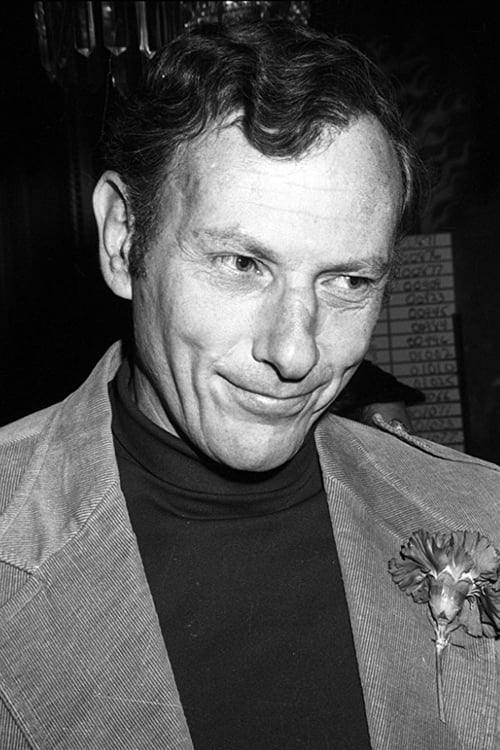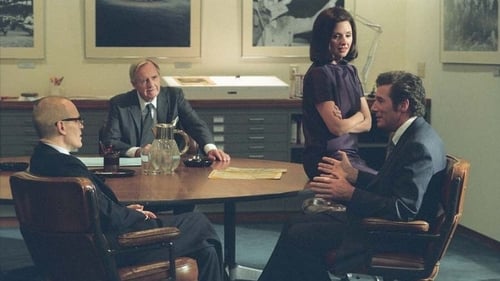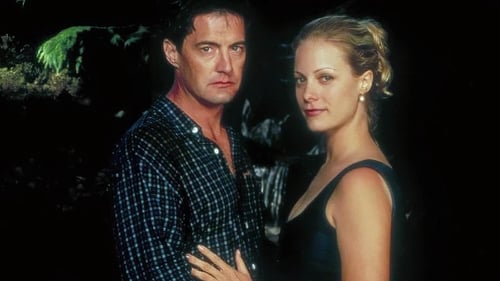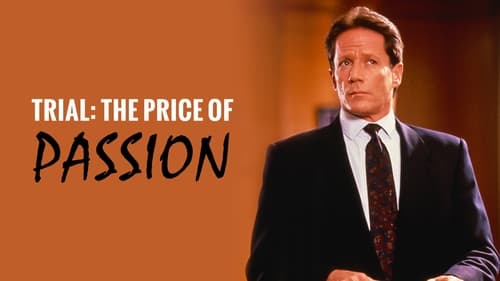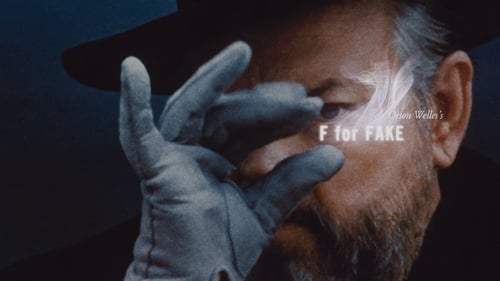Clifford Irving
Birth : 1930-11-05, New York City, New York, USA
History
Clifford Michael Irving (born November 5, 1930) is an American author of novels and works of nonfiction, but best known for using forged handwritten letters to convince his publisher into accepting a fake "autobiography" of reclusive businessman Howard Hughes in the early 1970s. After Hughes denounced him and sued the publisher, Irving confessed the hoax and was subsequently sentenced to two-and-a-half years in prison, serving 17 months.
Description above from the Wikipedia article Clifford Irving, licensed under CC-BY-SA, full list of contributors on Wikipedia
